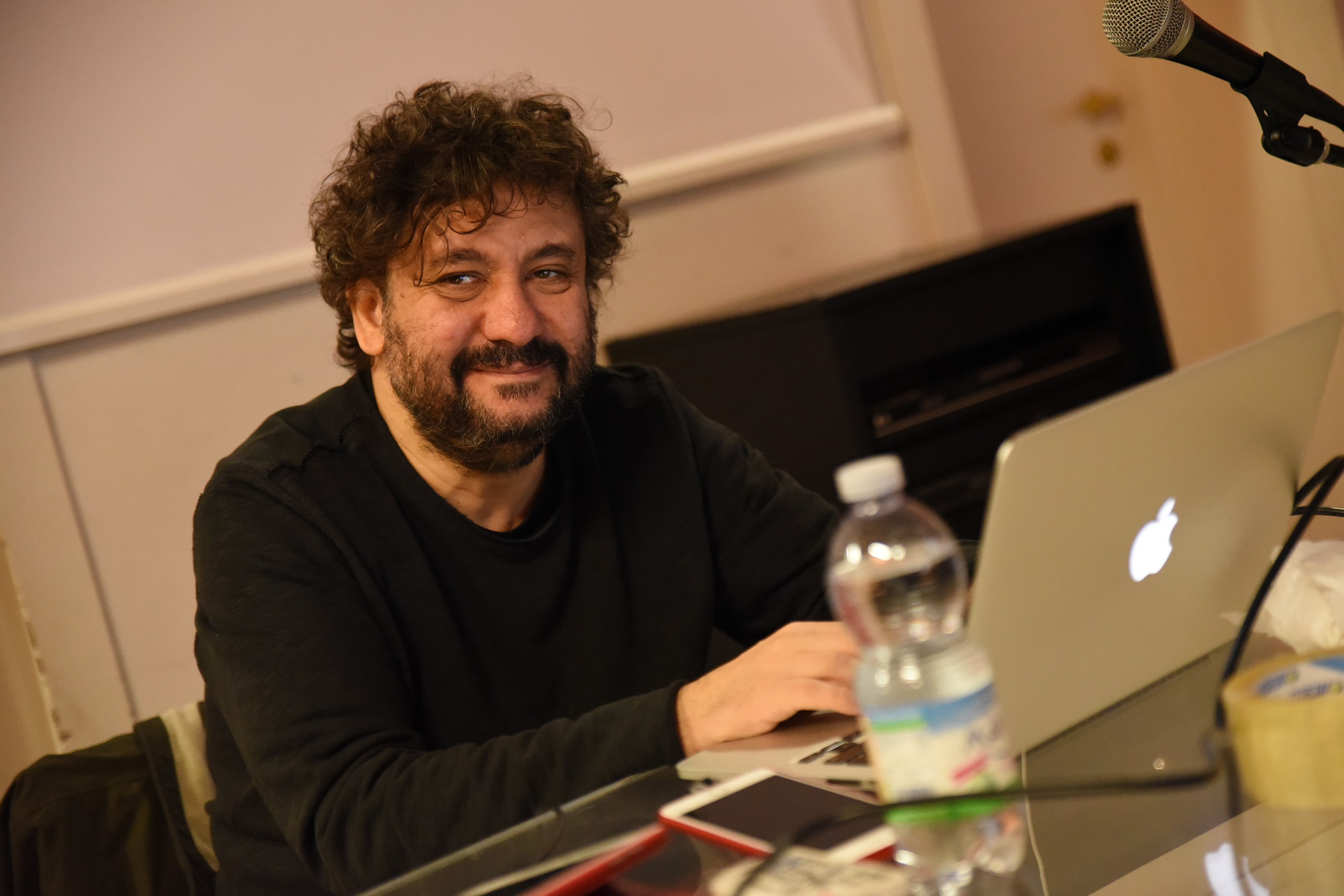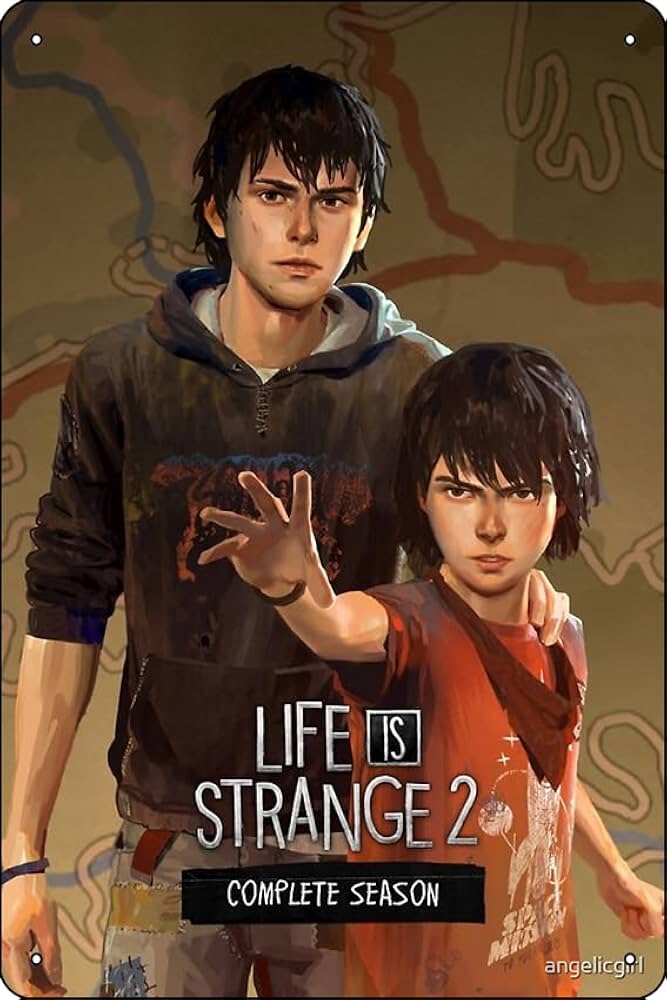
For this Christmas, be sure to get a video game for your child or grandchild.
Their teachers will thank you.
According to researchers from four Italian institutions, video games can meaningfully improve what happens in the classroom.
Led by Marcello Sarini, a computer scientist, a team of experts conducted two school-based studies. They examined how commercial video games affected student performance, emotional dynamics, and what psychologists call the flow state, a mental mode of deep concentration and enjoyment. Their findings suggest that brief gaming sessions can sharpen students’ readiness to work, increase task efficiency, and even reveal valuable information about classroom climate.

____
Game Theory
The first study took place in the primary school “Daniele Spada” in Sovere, a town in the province of Bergamo. Every student in four classes played the same game—Sonic Dash, a fast-paced mobile platformer—for 20 minutes. Simple and accessible, the game’s rapid reactions and constant challenges induced flow, the state described by psychologist Mihaly Csikszentmihalyi as complete immersion in an activity.
The second study was conducted in two secondary schools in Siena—the Sarrocchi Institute and the Galilei Institute—where the researchers introduced an additional layer: genre. Students were randomly assigned to play either Sonic Dash or the narrative, emotionally rich adventure Life Is Strange. In total, 56 teens aged 16–17 participated.
Both studies followed the same structure: students completed a ten-minute Italian literature exercise, played their assigned game for 20 minutes, and then completed another literature exercise. The researchers also gathered data on gaming abilities, emotional responses, and the experience of shared engagement within the class.





The researchers, from top left: Luca Pianigiani Francesco Bocci, Marcello Sarini, Anna Maso and Giulia Centini
⸻
Fast Study
One of the most striking outcomes was consistency across both sites: students completed the second academic exercise faster, without sacrificing accuracy. While the number of correct answers did not increase after gameplay, the time required to finish the work dropped significantly.
Video games enhanced readiness—a state of mental quickness, confidence, and cognitive agility. Play appeared to “prime” students to perform at their best.
The researchers describe this as a sign of heightened metacognition, the ability to monitor and regulate one’s own thinking. After gaming, students became more efficient without becoming careless—a balance teachers often struggle to achieve in traditional classrooms.
⸻
“Tonight’s Assignment—Play Video Games”
While the Sovere students all played the same game, their results varied noticeably from class to class. This suggests that even under identical conditions, collective behavior and emotional tone differ from group to group—something teachers often know intuitively but rarely see measured.
In Siena, the comparison between Sonic Dash and Life Is Strange added an extra layer. Fast-paced games tended to energize students, aligning the class around competitive focus, while narrative games fostered calm, reflection, and shared emotional engagement. Both states can be beneficial in school.
The researchers believe that video games can serve as powerful catalysts for improved classroom climate and student readiness.
The Italian studies add to a growing body of work suggesting that well-chosen gaming experiences can enhance not only individual focus but also the collective emotional life of a class. They show that play is more than entertainment: it is a tool for shaping attention, building social cohesion, and preparing students to learn.
⸻
![]()
Sonic Dash
Sonic Dash is a fast-paced mobile game starring Sega’s iconic character Sonic the Hedgehog. The goal is simple: run as far as possible while dodging obstacles, collecting rings, and completing mini-missions.
How You Play
• The character runs forward automatically.
• Players swipe left or right to change lanes.
• Swipe up to jump and swipe down to roll under barriers.
• Collect gold rings to stay alive and earn power-ups.
• Missions include tasks like reaching a certain distance, collecting a number of rings, or defeating enemies.
Because it requires quick reactions and constant attention, the game easily puts students into a flow state—a focused, energized mode perfect for sharpening mental readiness.
⸻

Life Is Strange
Life Is Strange is a story-driven game centered on a teenage girl, Max Caulfield, who discovers she can rewind time. The game explores friendship, personal choices, emotions, and consequences.
How You Play
• Players explore the environment and talk to characters.
• You make choices—big and small—that influence how scenes unfold.
• The gameplay is slow-paced and reflective, emphasizing emotion over action.
• The time-rewind mechanic lets players try different decisions and see alternate outcomes.
This game encourages empathy, calm attention, emotional reflection, and narrative engagement. It helped researchers compare how a slow, story-rich game affects mood versus a fast, reactive one like Sonic Dash.
Editor’s Note: The top photo depicts the center of Siena. The other photos, other than the researchers, are the posters for Sonic Dash and Life Is Strange. The email addresses for the researchers are:
Marcello Sarini, marcello.sarini@unimib.it
Francesco Bocci, francescobocci@videogametherapy.it
Giulia Centini, giulia.centini@uslsudest.toscana.it
Luca Pianigiani, luca.pianigiani@uslsudest.toscana.it
Anna Maso, a.maso@thebrainlabgroup.it
—————————————————————————————————————————————————————————————————————————————
Please visit our DVDs Page to shop our latest collection of DVDs on all things Italian: Films from Italy's Golden Age, Documentaries on Italian American life, ancient Rome, and religion.
Please visit our Books' page to review our latest inventory of books on all things Italian: cookbooks, history, art and culture.
Other articles to read...